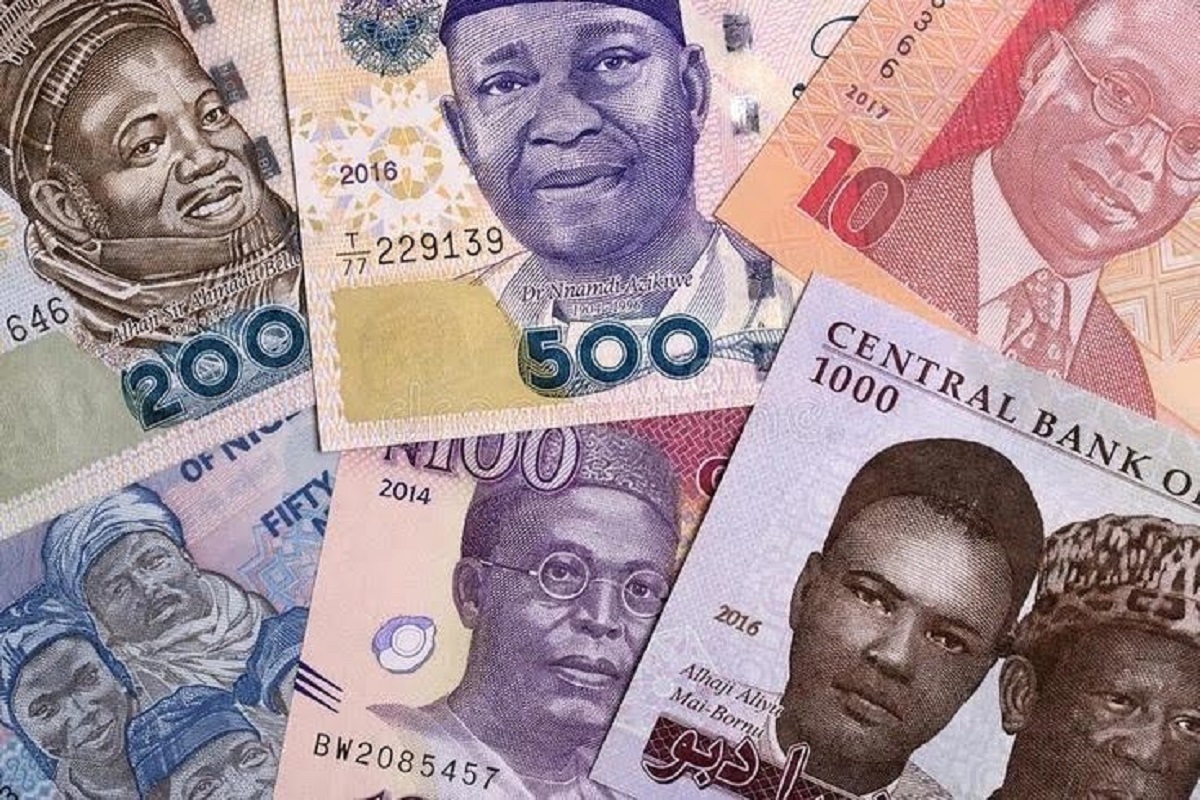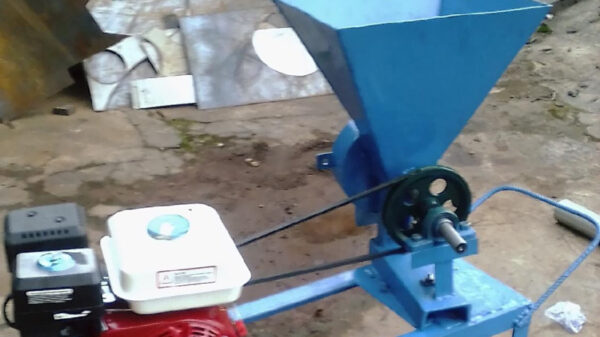Central Bank of Nigeria (CBN) has raised alarm over the rising costs of printing and replacing banknotes, warning that widespread abuse of the naira is worsening the burden on the financial system.
The concern was voiced on Wednesday, September 24, at the launch of a nationwide sensitisation campaign on proper naira handling in Abuja. Speaking on behalf of Deputy Governor of the Operations Directorate, Dr Bala Bello, the Director of Currency Operations and Branch Management Department, Dr Adedeji Adetona, said careless practices were damaging the currency and undermining its symbolic value.
“The Naira is more than a means of payment. It represents our national pride, our sovereignty, and our shared destiny as a people. Unfortunately, careless practices such as folding, tearing, spraying at social events, writing on notes, and even outright mutilation undermine the dignity of our national symbol and increase the costs of maintaining it,” Bello said.
He warned that failure to address the problem would mean Nigerians continue to bear the consequences. “If we do not act today, poor handling of our notes will continue to raise the cost of printing and replacement of the currency, cause frustration in everyday transactions, and weaken confidence in our national currency,” he added.
The campaign, titled Naira Our Pride: Handle with Care, is aimed at shifting public behaviour and encouraging respect for the national currency. Bello stressed that the CBN cannot achieve this goal alone and called for collaboration from banks, transport unions, traders, schools, civil society, religious groups, and the media.
“Every stakeholder has a critical role to play. Banks must continue to educate customers and ensure fit notes are always in circulation. Markets and transport operators must help discourage the rejection or abuse of Naira notes, the media and civil society must amplify the campaign and take the message into every household, while all Nigerian citizens must see themselves as custodians of the Naira,” he said.
He also cautioned against hoarding cash, especially with the festive season approaching. “Cash hoarding harms us all. It denies others access to cash, disrupts circulation, and puts undue strain on the system. Collaboration is important. I therefore call on all stakeholders to encourage responsible cash use, promote alternative payment platforms, and help curb hoarding practices,” he urged.
Bello emphasised that careful handling would extend the lifespan of banknotes, reduce unnecessary expenses, and preserve the naira’s role as a unifying national symbol. He added that the sensitisation campaign would be extended to every state and community across Nigeria.
Delivering a welcome address, Dr Adedeji Adetona, represented by Deputy Director Kazeem Olatinwo, said the campaign was not only about clean notes but also about national pride and confidence in the financial system. He assured citizens that adequate measures had been taken to ensure sufficient cash supply during the upcoming yuletide.
“As we approach the festive period, the Bank has made sufficient arrangements to ensure an adequate supply of banknotes to meet demand nationwide. What is needed is proper handling to keep our notes clean and fit for use,” he said.
Also speaking, Acting Director of the Corporate Communications Department, Hakama Sidi Ali, reminded Nigerians that issuing legal tender and ensuring the circulation of clean notes are core mandates of the CBN under the CBN Act 2007. She urged citizens to take ownership of efforts to protect the integrity of the naira and encouraged wider use of alternative payment platforms to ease pressure on physical cash.
The warning comes against the backdrop of rising currency management costs. Earlier this year, The PUNCH reported that the CBN spent ₦315.18bn on currency issue expenses in 2024, a more than 300 percent increase from ₦77.67bn in 2023. These expenses cover the printing, processing, distribution, and disposal of banknotes. Analysts attributed the sharp rise to the large scale printing of new notes, the logistics of nationwide distribution, and the destruction of old and damaged bills.
![]()






























































